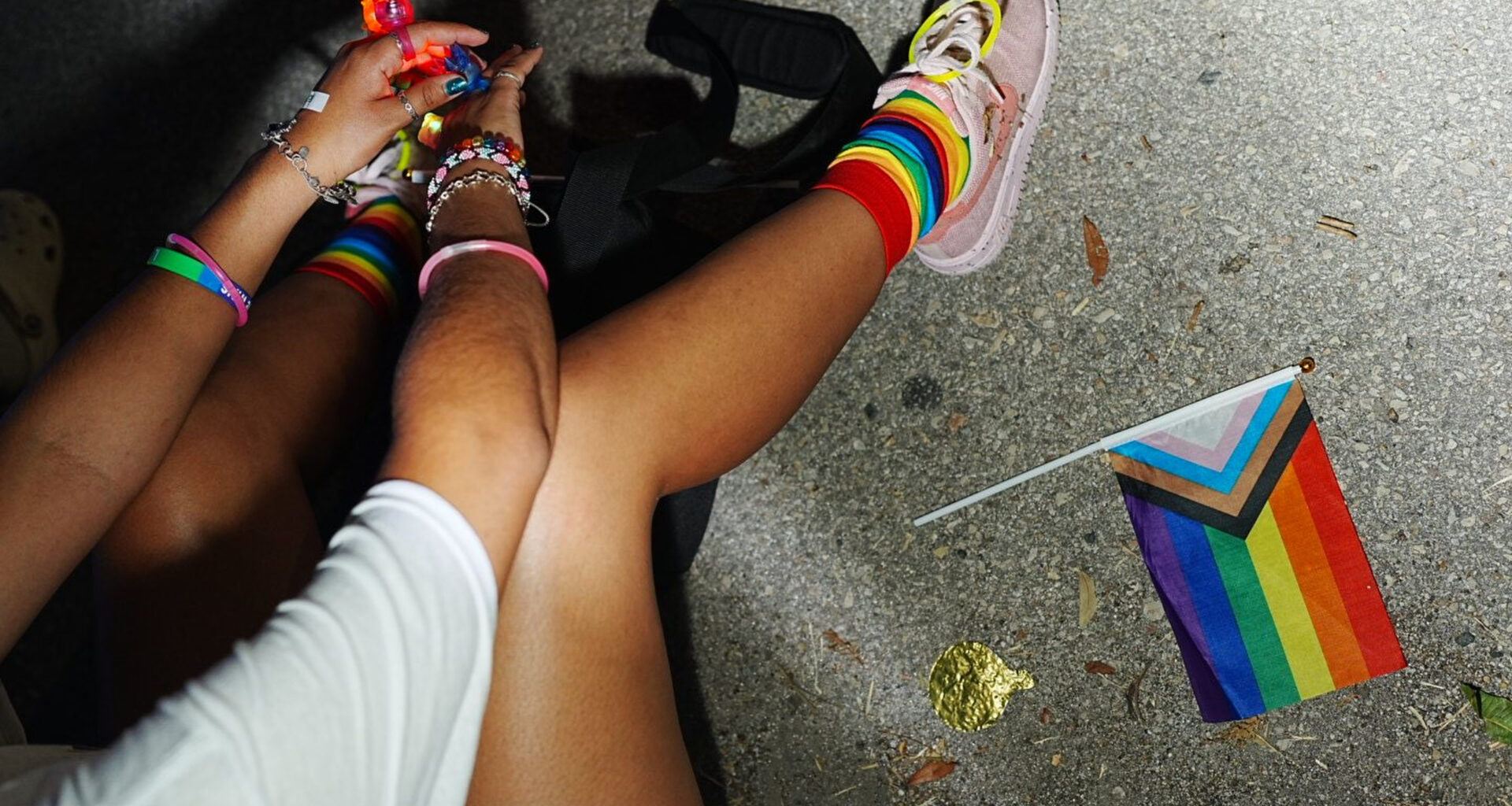The number of LGBTQ+ San Antonio residents who have experienced homelessness has increased significantly since 2019, according to a community health survey from the Strengthening Colors of Pride coalition, Pride Center San Antonio and Trinity University.
Never miss San Antonio Report’s biggest stories.
Sign up for The Recap, a newsletter rundown of the most important news, delivered every Monday and Thursday.
The coalition, made up of LGBTQ+ activists, researchers and community members, released its first community health survey in 2020. The new report is based on 685 online surveys collected from LGBTQ+ individuals in the San Antonio metro area from September 2024 to January 2025.
Though not a perfect comparison to the 2020 report, which captured 1,819 responses, the new data suggests that the South Texas LGBTQ+ community continues to struggle with access to health care, housing and other challenges, perhaps at greater rates than five years ago.
“This report makes clear that when LGBTQ+ people are rejected by their families
and unsupported by their communities, the consequences are devastating and
measurable,” Lex Loro, interim executive director of Pride Center San Antonio, said in a news release.
Homelessness and housing instability
Twenty-eight percent of respondents reported experiencing homelessness currently or sometime in the past, an increase from 18% in the 2020 report. Six percent reported being homeless in the past year. And Black respondents reported the most concerns about housing stability.
Over the same period, Bexar County’s homeless population increased from 2,872 homeless individuals in 2019 to 3,398 in 2024, according to the annual point-in-time counts.
Nearly half of respondents said they worried about losing their housing, and those who expressed the most anxiety about housing were twice as likely to have
experienced suicidal thoughts.
Of those who reported experiencing homelessness, 18% reported being kicked out of their home for their sexual orientation or gender identity. One in seven said they’d been through conversion therapy, a harmful practice that seeks to alter a person’s sexual identity or gender expression.
Most of the respondents who reported experiencing homelessness, family alienation and conversion therapy said they experienced it as teens.
“These youth are protected from becoming unhoused by having economic opportunities, educational resources, and supportive relatives like grandparents, aunts, and siblings who share housing with them when parents are not willing to,” Amy Stone, a Trinity University sociologist who studies LGBTQ+ youth homelessness in South Texas, said in a news release.
The unemployment rate for LGBTQ+ respondents was 8.5%. The latest Bexar County unemployment rate was 4.4% in August.
Access to health care
One in three respondents reported difficulty accessing health care. Among those who had health insurance, half reported that health care costs were somewhat of a problem, and 23% reported that costs were a big problem when they want or need health care.
Roughly a quarter of respondents reported wanting to access preventative HIV medication but could not afford the cost.
Transgender respondents reported significantly poorer physical and mental health compared to other groups in the survey.
Respondents generally experienced positive experiences with their health care providers, but many still reported negative interactions, with over a quarter reporting mistreatment at the hands of a provider because of their LGBTQ+ identity.
Fourteen percent of respondents rated their mental health as poor. And 38% reported being diagnosed with a depressive or anxiety disorder. Black, Hispanic and multiracial respondents reported seeking medical care significantly less than white respondents.
Many respondents reported negative impacts from the number of anti-LGBTQ bills passed by the State Legislature in recent years. Sixty-three percent said that the laws made them more likely to vote and 47% said they planned on moving to another state as a result.
Are you doing your part?
You’ve read unlimited of unlimited articles this month. That’s right — we’re committed to providing free, fair journalism for all.
But without donor support, our nonprofit newsroom can’t do its job to inform and empower your community.
Are you in? Your donation of any amount will help keep articles like this one accessible to all San Antonians.

